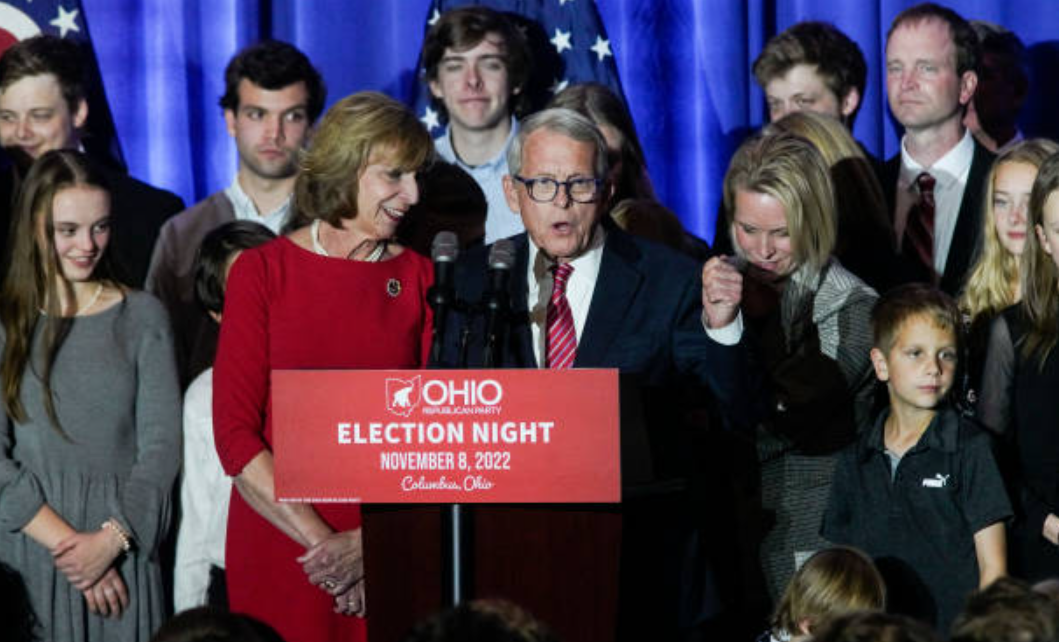Ohio Governor Mike DeWine made a groundbreaking decision by vetoing a contentious bill that aimed to ban gender-affirming care for minors in the state.
DeWine, a Republican, diverged from the stance of many in his party, describing his move as pro-life and aimed at protecting children.
However, in a carefully calculated maneuver, DeWine concurrently announced plans to administratively restrict transgender surgeries until an individual reaches 18 years of age. He intends to enhance Ohio’s capacity to regulate and monitor gender-affirming treatments for both minors and adults, fostering a model he hopes other states might follow.
During a news conference, DeWine expressed a heartfelt consideration for opinions on both sides of the legislation. He emphasized that the government should not dictate such pivotal decisions but rather entrust them to the parents, who deeply understand their children’s needs and struggles.
The governor’s veto drew sharp criticism from supporters of restrictions on gender-affirming care, including figures like Bernie Moreno and Aaron Baer, who urged the Legislature to override the veto, decrying DeWine’s decision as detrimental to Ohio’s children.
Ohio’s Ongoing Debate

Nevertheless, DeWine stood firm in his belief that the government should not impede medical decisions vital to the well-being of children.
He emphasized that while a small number of Ohio children would have been directly affected by the proposed bill, its consequences for those facing gender dysphoria and their families would have been profound.
DeWine’s decision aligns with his conviction that these choices should remain within the realm of personal and medical decisions, echoing his opposition to government intervention in personal reproductive choices, as seen in his stance against November’s Issue 1, an abortion rights amendment.
Supporters of the governor’s decision hailed it as a victory for fundamental freedoms and parental rights.
The veto represents a moment of relief for families like Alicia and Aaron Burkle, whose 10-year-old transgender daughter, Astrid, would have been affected profoundly if the bill had passed. While DeWine’s veto brings relief to some, the underlying issues remain unresolved.
The governor’s move highlights the ongoing debate between parental rights, individual medical choices, and government intervention in matters as personal as healthcare decisions for minors.


Comments are closed.